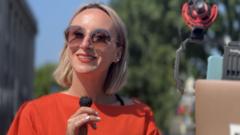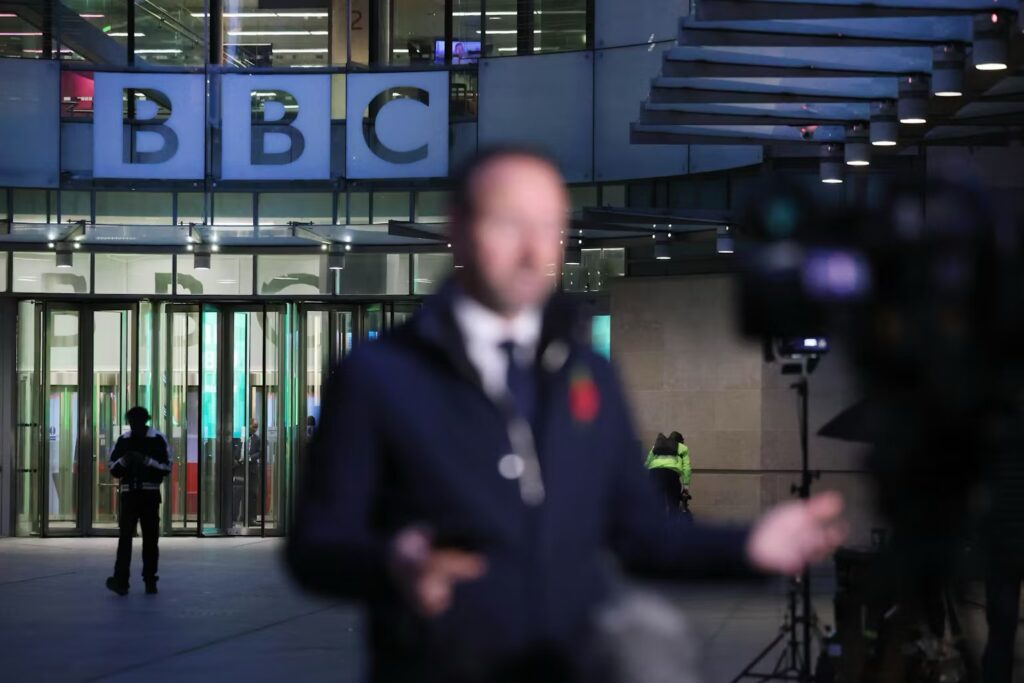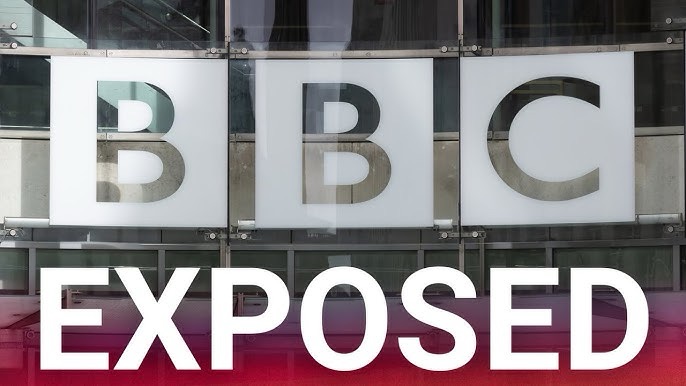I was all set for an ordinary day when I dashed downstairs, only to face an empty space where my cargo bike once stood. The double lock that secured it to my Amsterdam apartment wall had been cut, and disbelief washed over me. My daughter eagerly searched among neighboring bikes, certain that someone must have simply moved it. But no, it was truly gone.
Living in the Netherlands, cycling is an integral part of everyday life. Without a car, my bike serves as my lifeline, ferrying me from school runs to grocery trips, a daily rhythm ingrained in Dutch culture. However, my bike was not just an ordinary bicycle. Along with my colleague Kate Vandy, we transformed it into a mobile broadcasting studio we affectionately named the Bike Bureau. The project sparked the “Dutch News from the Cycle Path” reporting series, which began in response to my daughter’s innocent question: “Why don’t you just tell people the news now?”
This bike enabled me to reach breaking news events, allowing me to broadcast live while sharing the experience with my daughter, a powerful testament to the joys and realities of being a working mother. It facilitated connections, accolades, and a community that resonated with our story. After reporting the theft to the police, the case was quickly closed due to a lack of evidence. Despite my hopes, I possess no expectation of seeing my bike again. While tracking comments and support from my neighbors has provided a small comfort, I ponder the question my daughter asked: Why do people care about our lost bike?
Responses flooded in after I posted about the theft on social media, with accolades from industry peers, including renowned BBC camerawoman Julie Ritson, who hailed my bike as a pioneering model for future journalism. Others saw it as a practical life hack for balancing motherhood with professional aspirations. The solar-powered bike minimized our reliance on heavy satellite equipment, lessening both the carbon footprint and the associated noise pollution of traditional reporting methods.
Recent findings by the Reuters Institute for the Study of Journalism indicate that audiences crave stories about individual empowerment in the face of climate change, further enhancing the relevance of our narrative.
Surprisingly, some have voiced disbelief that bike theft could be prevalent in the Netherlands. This ignorance towards local realities is understandable; according to police statistics, over 86,000 bicycles were reported stolen last year in the country, representing a concerning increase. Many of these bikes are dismantled for parts or resold. My e-cargo bike, an investment of about €5,000 (£4,200), came at a significant cost—more than the car I previously owned. Fortunately, the BBC is not impacted financially, but the intrinsic value of the bike went far deeper. It symbolized independence, and its loss feels akin to the grief of losing a dear friend.
Beyond my personal challenges, this bike gifted my daughter countless enriching experiences—a childhood filled with adventures, from beach picnics to whimsical rides amidst winter illuminations. The theft ignited conversations around the safety of urban environments, cycling infrastructure, and the societal expectations placed on mothers. Ultimately, it has reinforced the strength of the community we have fostered and the profound impact of sharing relevant stories from the saddle.
Even if I never recover my bike, no one can take away the memories it helped create.





















